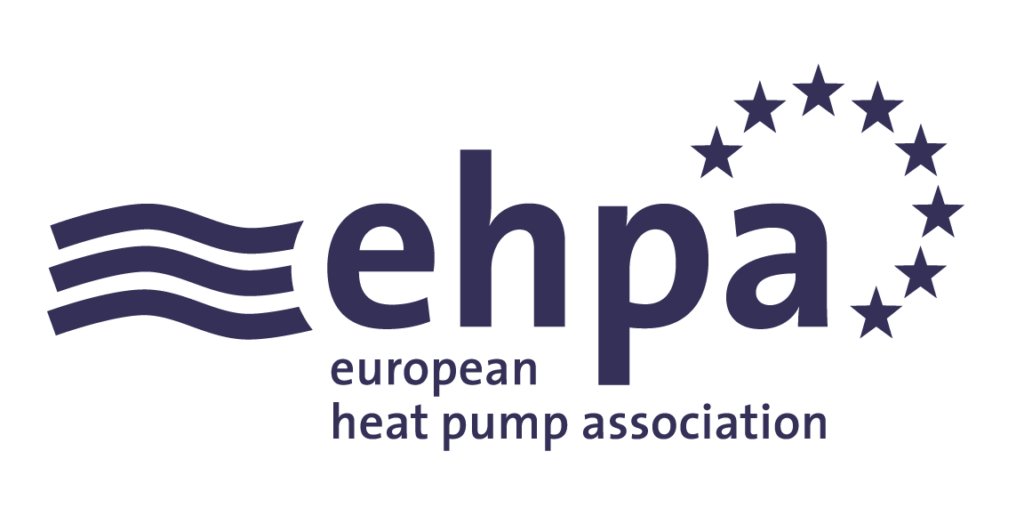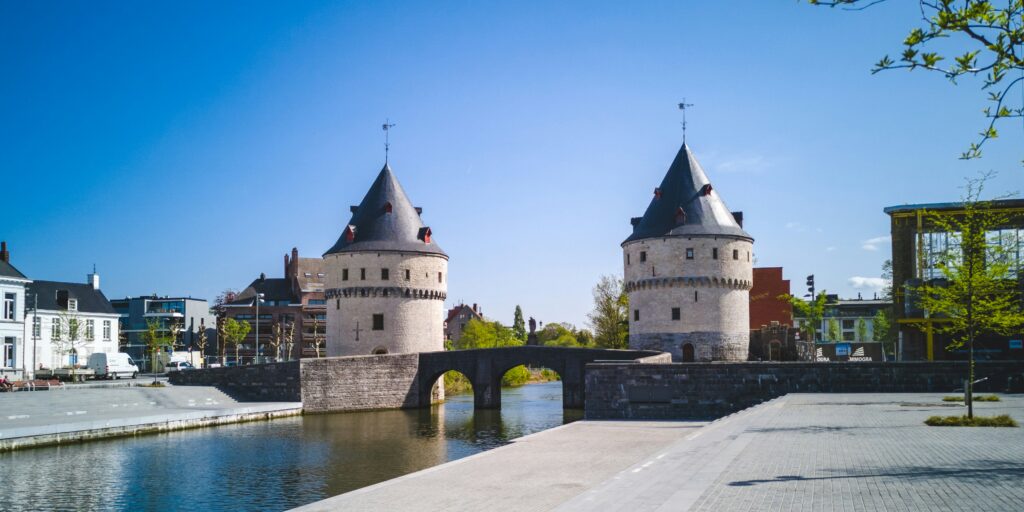Turning water into clean energy?
That’s exactly what the WaterWarmth EU-funded project is doing in ten demonstration sites across the North Sea region – providing clean heating and cooling to homes, businesses, student housing, and even a castle!
While the previous webinar in the series explored the Quick Scan digital tool used to identify scalable aquathermal sites, the second session on 25 November focused on the governance and feasibility assessment required to turn potential projects into reality.
Featuring Dirk Blom (Provincie Fryslân), Nthabi Mohlakoana (TU Delft), Thomas Hoppe (University of Twente), AnnSofie Micallef-Nilsson (Lund University), Jade Santier (BUILDERS) and Lenn Coussement (EXTRAQT), the webinar showed how the project is helping local authorities and communities understand the potential of aquathermal energy and navigate the path from concept to project development.
Drawing on interviews, workshops and evaluations from pilot sites, speakers highlighted how regulatory uncertainty, fragmented responsibilities, limited funding pathways and hesitancy towards new technologies still hinder the development of aquathermal projects.
Additional barriers such as restricted information exchange, limited public awareness and operational complexity also appear frequently across the sites.
However, the research also revealed several enabling factors that consistently support progress: well-established stakeholder networks, early alignment with public authorities, clear and shared vision-setting, structured learning processes and flexible funding arrangements.
Together, these elements create a more supportive environment for aquathermal projects to move smoothly from idea to implementation.
The overview of the demonstration sites offered a concrete picture of how these dynamics unfold in practice. WaterWarmth is currently developing ten pilots, six of which are small-scale experimental initiatives.
These include sites in the Netherlands, Denmark, France and Belgium, each drawing on different types of surface water and addressing local energy needs. Many of the pilots are still under construction, with several expected to begin collecting data by the end of the year.
Most permits have been issued, although some sites are still awaiting formal feedback from authorities or other stakeholders. Shared challenges include complex site conditions, lengthy authorisation procedures, tendering requirements and rising costs compared with initial plans.
Among the Belgian pilots, beyond the Merode Castle featured in our Heat Pump Stories, one of the most illustrative examples is the student housing project in Kortrijk.
Here, aquathermal energy is being explored as a way to supply sustainable heating to a residence for students. This type of site is particularly valuable because student housing has a steady and predictable heat demand, making it an excellent environment for demonstrating system performance.
The pilot provides an opportunity to examine how aquathermal energy can be integrated into densely occupied buildings, how it interacts with urban constraints and how young residents respond to a renewable heating solution. Insights from this pilot will be useful for other municipalities with large student populations seeking alternatives to fossil-based heating.
Although still in development, the project is expected to shed light on both the technical and social dimensions of aquathermal adoption.
The webinar concluded with a walkthrough of the typical feasibility assessment for aquathermal projects. Beginning with initial inspiration and the use of the Quick Scan Tool, the process moves through pre-feasibility and full feasibility studies that assess environmental impacts, technical concepts, regulatory expectations and financial scenarios.
This approach helps local actors ensure that aquathermal projects are realistic, environmentally sound and economically viable before entering the development phase.
By sharing lessons, developing supportive tools and fostering collaboration across borders, WaterWarmth continues to help communities take practical steps towards a clean heating and cooling supply.



